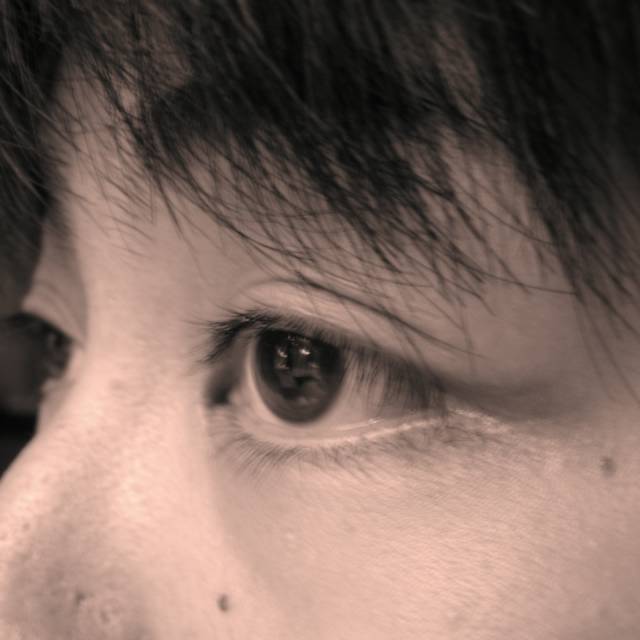three currents of suicide: crusades, war in pacific, and "war on terror"
Japan ranks the 10th in the world when it comes to the suicide rate among the popuation, according to a recent WHO report. When we exclude Russia and other East European countries from the list, in fact, Japan has the highest suicide rate among the developed nations. (35 out of 100,000 men and 13.4 out of 100,000 women committed suicide last year in Japan.) Many Japanese people are weary of explanations offered by the Westerners (cf. Christians) on this high rate of suicides. Either it highlights the samurai tradition which supposedly prefers graceful death to life in shame, or it seeks the answer in the absence of suicide-prohibiting religion in Japan, the culture-based explanation serves to underline the presumed difference between the Western thinking and its Japanese counterpart.
To some extent, the two cultures are probably different. What is troubling, however, is the romanticization of the Japanese culture, which could enhance the sense that the mutual understanding is impossible--just as it happened during the WWII. With abundant examples (from both the Allied countries and the Japanese propaganda), John Dower demonstrates in his "War without Mercy" that the suicidal attacks on the part of the Japanese force were used as the obvious evidence of their savage, subhuman quality, which eventually led to the notion that a total annihilation was essential. Some of the U.S. forces were told not to take hostages but to kill them all. A similar notion of the enemy as incommunicable savages was prevalent in Japanese military as well, making it difficult for the soldiers of both sides to surrender: many Japanese soldiers chose death over surrendering to the enemy who (they believed) would torture them to death anyway. Then in turn, these suicidal attacks and pure suicides were used to underline the subhuman quality of the Japanese enemy, who were impossible to understand with any human reasoning.
When we look at the Western history, however, it becomes clear that the suicidal tendency in the time of war, especially during wars fought for ideology or religion, is far from rare in the Western history as well. Georges Minois' study "History of Suicide: Voluntary Death in Western Culture" clearly illustrates the point. During the Crusades, there were numerous instances of suicides in the battle field, committed by Christian commanders and soldiers. Some jumped into the ocean to evade capture, others chose to continue fighting rather than surrender, when there was no practical possibility of victory (or even survival). These suicides were, of course, praised as heroic acts (just as the dead Japanese soldiers were praised in their home country during WWII).
It is hard not to see a similarity between the Crusades and the WWII. It is not the peculiar culture of Japan nor Medieval Europe that drove the noble crusaders and savage yellow monkies to suicides. It is the perceived nature of the war and the enemy that tempted them to choose suicide over surrender. In both cases, it was imagined that reconciliation with the enemy was impossible, on the ground that the moral/religious values of the two sides were different beyond any possibility of mutual understanding. Indeed, the imagined "other side" was not even a human quality, thus the total annihilation was a logical consequence. In case of defeat, it was better to be dead than caught. It is the imagined and propagandized "irreconcilable difference," and often "inferior nature" of the enemy that led to the suicide en masse in these circumstances.
Yet, the myth of suicidal tradition of exotic Japan still persists. Along the same avenue, what appears to be an incredulous fanaticism of the Islamist suicide-bombers is probably tainted by our (both intentional and unintentional) oversight of the situational context and the politics of cultural imagination. I have to admit that I'm having hard time understanding the psyche of the bombers, but reflecting on the contemporary interpretations of the two suicide currents in Western and Japanese history makes me, at least, to pause before I draw any shallow, cultural-savvy conclusion on the matter.



0 Comments:
Post a Comment
<< Home